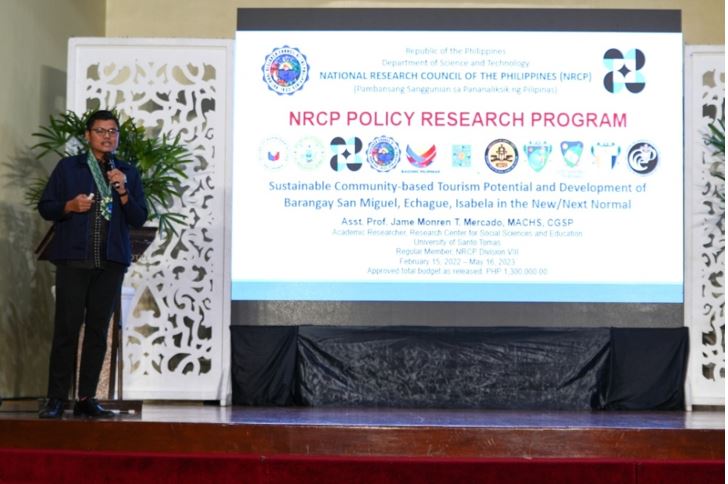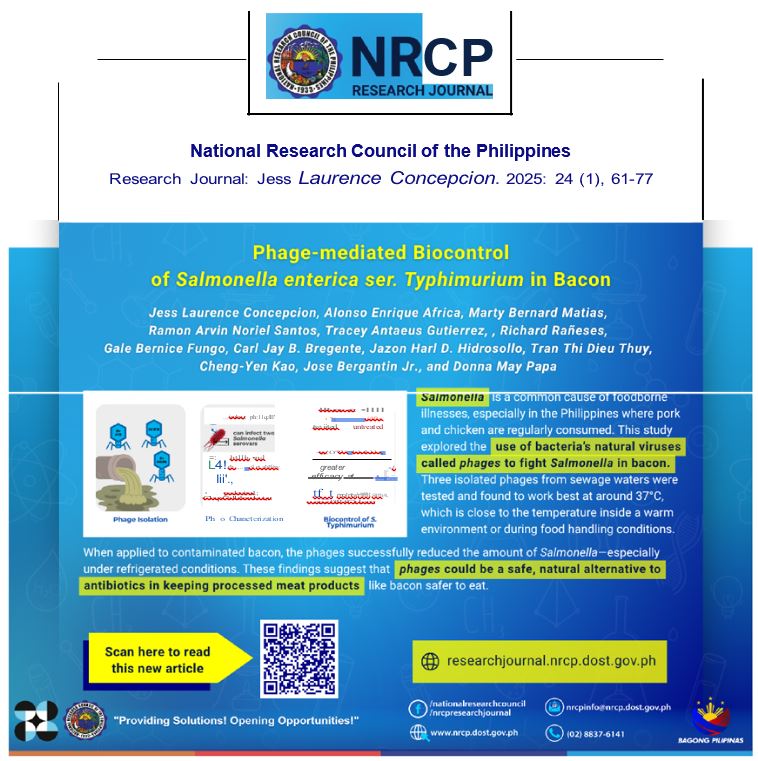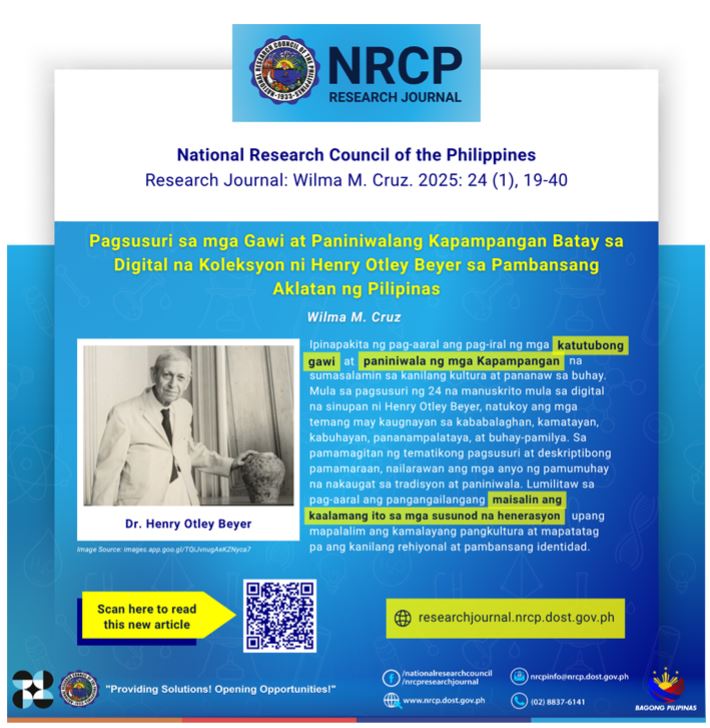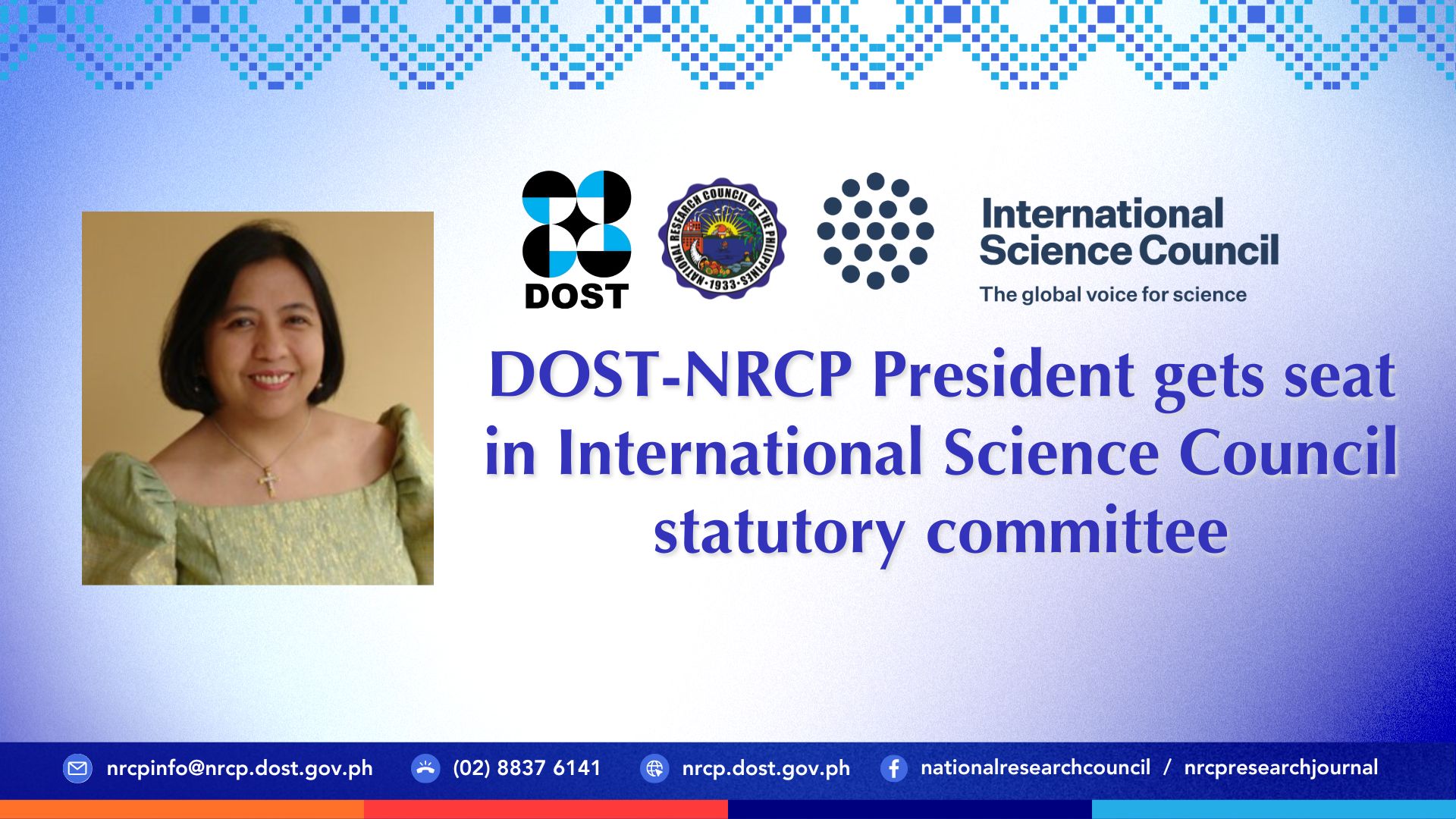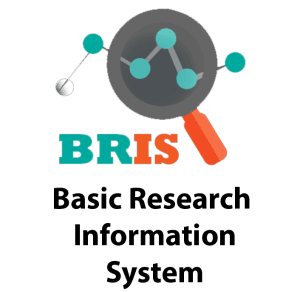TUBIG
The declining health of the country’s freshwater ecosystems, which are rivers and streams, has prompted research experts from the National Research Council of the Philippines (NRCP), to come up with standardized tool to assess the quality of freshwater.
The NRCP research experts has developed the Philippines Biotic Index or PBI to provide a simple, rapid, and cost-effective bioassessment tool that can monitor the state of the freshwater ecosystems.
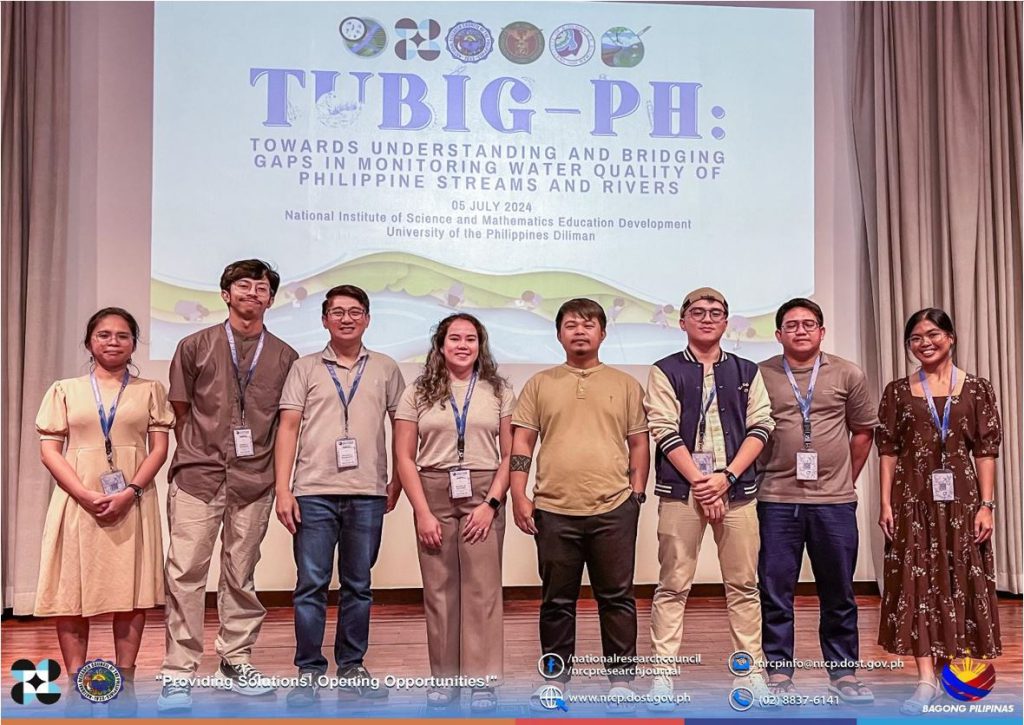
PBI include the identification and classification of the macroinvertebrate living in the rivers and streams and how they could be used as indicators of the health condition (bioassessment) of rivers and wadable streams. Macroinvertebrates are animals without backbones like worms, snails, beetles, dragonflies, mayflies, stoneflies and yabbies.
Last July 1 – 5, 2024, NRCP sponsored a capacity-building workshop on how to use PBI dubbed as, “TUBIG-PH: Towards Understanding and Bridging Gaps in Monitoring Water Quality in the Philippines,” which was held at the NISMED, University of the Philippines Diliman, Quezon City. This workshop has engaged and trained a diverse group of participants, including government agencies, the academe, local government units, and the private sector, from various regions across the country.
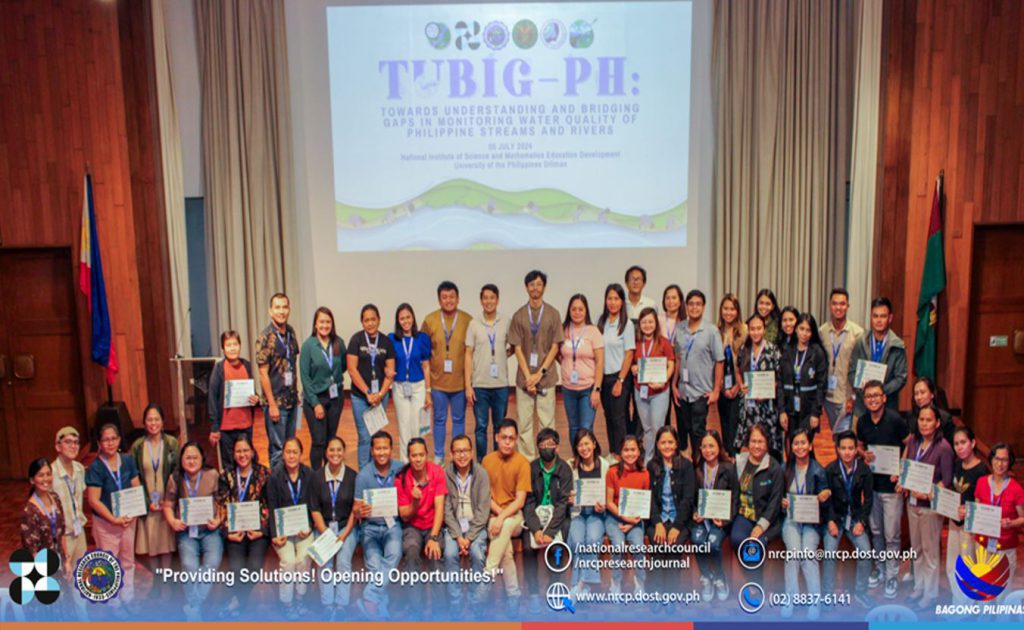
NRCP hopes that this project will provide the much-needed standardized tool for assessing the health of Philippine freshwater ecosystems, which can significantly contribute in reducing economic losses due to water pollution and offer a promising future of water quality management in the country.
“The project has partnered with several national government agencies, including the Department of Environment and Natural Resources-Environmental Management Bureau (DENR-EMB), DENR-Biodiversity Management Bureau, DENR-Ecosystems Research and Development Bureau, the Department of Agriculture-Bureau of Fisheries and Aquatic Resources (DA-BFAR), and the DA-National Fisheries Research and Development Institute (DA-NFRDI),” said Dr. Francis S. Magbanua, a Professor from the Institute of Biology, College of Science, University of the Philippines Diliman, the PBI Project Leader and a Regular Member of the National Research Council of the Philippines.
The PBI project has garnered support from various stakeholders, including national government agencies and universities across the country. As the project progresses, it is expected to become a game-changer in the field of freshwater ecosystem monitoring and management in the Philippines. (Glenn Ford B. Tolentino, S&T media service)







